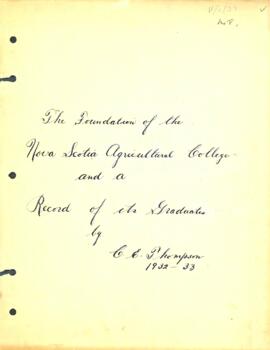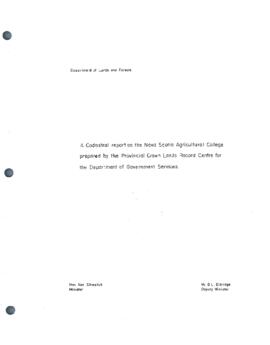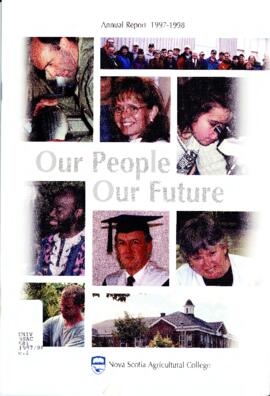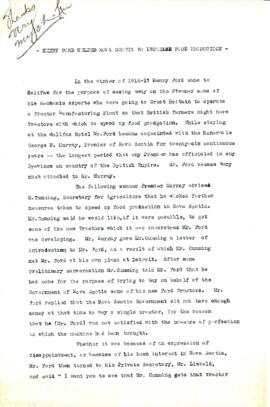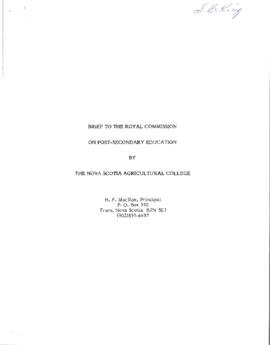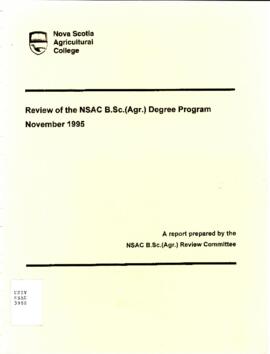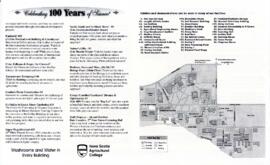Title and statement of responsibility area
Title proper
General material designation
- Textual record
- Graphic material
- Object
- Moving images
- Sound recording
Parallel title
Other title information
Title statements of responsibility
Title notes
Level of description
Repository
Reference code
Edition area
Edition statement
Edition statement of responsibility
Class of material specific details area
Statement of scale (cartographic)
Statement of projection (cartographic)
Statement of coordinates (cartographic)
Statement of scale (architectural)
Issuing jurisdiction and denomination (philatelic)
Dates of creation area
Date(s)
Physical description area
Physical description
Publisher's series area
Title proper of publisher's series
Parallel titles of publisher's series
Other title information of publisher's series
Statement of responsibility relating to publisher's series
Numbering within publisher's series
Note on publisher's series
Archival description area
Name of creator
Administrative history
The Nova Scotia Agricultural College (NSAC) was the third centre for agricultural education and research to be established in Canada. The college was created in 1905 through a merger of the School of Agriculture, set up in 1885 at the Provincial Normal School; the Provincial Farm, founded in 1889 at Bible Hill; and the School of Horticulture, established in 1894 in Wolfville. The new agricultural campus was centred around the farm at Bible Hill and a newly constructed science building. While NSAC's primary role was to educate and prepare farmers for practice, some students completed degrees at Macdonald College at McGill University or at the Ontario Agricultural College in Guelph. Many of these graduates entered government and were among the early Canadian leaders in agricultural public service.
In 1913, campus facilities and programs were expanded in response to federal funding for agricultural education; among the initiatives were home economics education, women’s institutes, rural science and youth training. Government demand for increased food production during World War One further enhanced agricultural education, while pressures from NSAC field staff led to the formation of the Nova Scotia Department of Natural Resources and, later, the Department of Agriculture. During the 1920s and 1930s, the college made significant contributions to improving the genetic base of Atlantic Canadian farm livestock.
After World War Two there was a surge in enrolment in response to veterans seeking agricultural training, and the college was further challenged when a fire in 1946 destroyed the science building. A temporary campus at the military hospital facilities in Debert, NS, served until 1953, when a new science building—now known as the Harlow Institute—and a central heating plant enabled the move back to the Bible Hill campus. In 1959 the first campus residence was opened.
During the 1960s, requirements for a more comprehensive vocational and technical agricultural education spurred the development of additional residences, three new academic buildings, new barns and campus services. NSAC's central role was formalized by the four Atlantic provinces in the 1960s, and the degree program was officially recognized through the Maritime Provinces Higher Education Commission. Continued growth throughout the 1970s saw women enrolling in larger numbers, and women’s sports teams and new student services were created, including the Athletic Centre and a new dining hall. The former auditorium in Cumming Hall was redeveloped as the Alumni Theatre.
Provincial legislation in the 1980s enabled an academic agreement with Dalhousie University for degree granting purposes, and September 1981 was the first year that NSAC students were registered into a full four-year BSc program in one of four areas of specialization: Agricultural Economics, Animal Science, Plant Protection and Plant Science. More facilities were built during the 1980s, including the library, Animal Science building, and an extension to the Cox Institute. Growth in faculty and expanded research activities followed, along with increased opportunities in international development programs. In the early 1990s, graduate studies were developed, with MSc and PhD degrees conferred by Dalhousie University.
On July 1, 2012, NSAC became Dalhousie University's Faculty of Agriculture, remaining a distinct campus within the university, led by a principal/dean, a dual role that oversees both academic programs and local campus services and supports.
Custodial history
Scope and content
Notes area
Physical condition
Immediate source of acquisition
Arrangement
Language of material
- English


